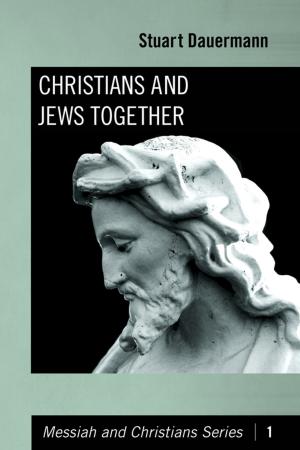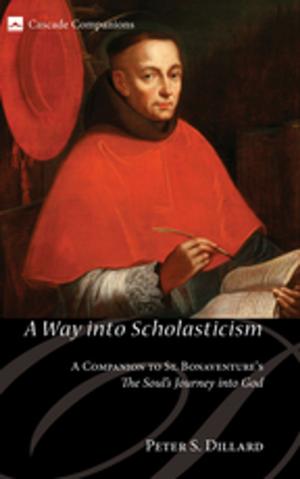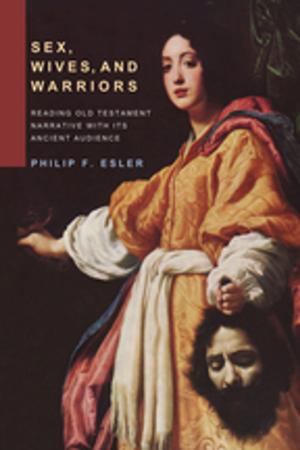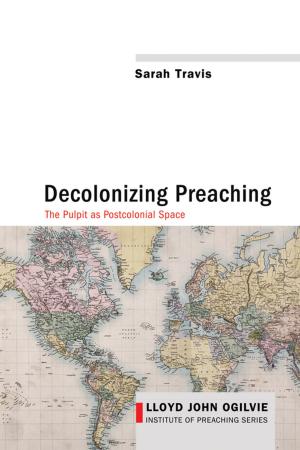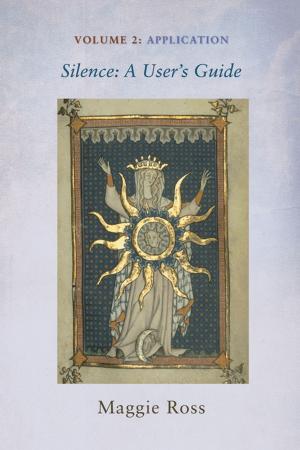Earnest
Interdisciplinary Work Inspired by the Life and Teachings of B. T. Roberts
Nonfiction, Religion & Spirituality, Christianity, Denominations, Methodism, Church, Christian Life| Author: | ISBN: | 9781532606342 | |
| Publisher: | Wipf and Stock Publishers | Publication: | August 29, 2017 |
| Imprint: | Pickwick Publications | Language: | English |
| Author: | |
| ISBN: | 9781532606342 |
| Publisher: | Wipf and Stock Publishers |
| Publication: | August 29, 2017 |
| Imprint: | Pickwick Publications |
| Language: | English |
B. T. Roberts was born in a small farming community in western New York, on July 25, 1823. By the time of his death in 1893, he had made a profound impact on church and society. Roberts's writing, preaching, and ministry focused on true conversion, the disciplines of the Christian life, and holiness. Rejecting "prosperity theology," he argued for simplicity, generosity, and mission. A prophet of dissent, he vigorously promoted abolition, prohibition, economic justice, and the equality of women. Along the way, he founded Free Methodism and an educational institution that is thriving 150 years later. Roberts exhibited rare and impeccably balanced traits. He displayed the courage and boldness to dissent, as well as the political savvy and communication skills to bring people together. He was a visionary who displayed patience, tact, and pragmatism. His idealism did not obliterate his attention to details and crucial distinctions. He made people feel loved, respected, and challenged; he was authentic. In his dealings in church and world, we see creativity and flexibility grounded in integrity. Earnest settles in to the particularities of this life well lived, showing the human spirit, divine power, and practicalities of progress.
B. T. Roberts was born in a small farming community in western New York, on July 25, 1823. By the time of his death in 1893, he had made a profound impact on church and society. Roberts's writing, preaching, and ministry focused on true conversion, the disciplines of the Christian life, and holiness. Rejecting "prosperity theology," he argued for simplicity, generosity, and mission. A prophet of dissent, he vigorously promoted abolition, prohibition, economic justice, and the equality of women. Along the way, he founded Free Methodism and an educational institution that is thriving 150 years later. Roberts exhibited rare and impeccably balanced traits. He displayed the courage and boldness to dissent, as well as the political savvy and communication skills to bring people together. He was a visionary who displayed patience, tact, and pragmatism. His idealism did not obliterate his attention to details and crucial distinctions. He made people feel loved, respected, and challenged; he was authentic. In his dealings in church and world, we see creativity and flexibility grounded in integrity. Earnest settles in to the particularities of this life well lived, showing the human spirit, divine power, and practicalities of progress.



